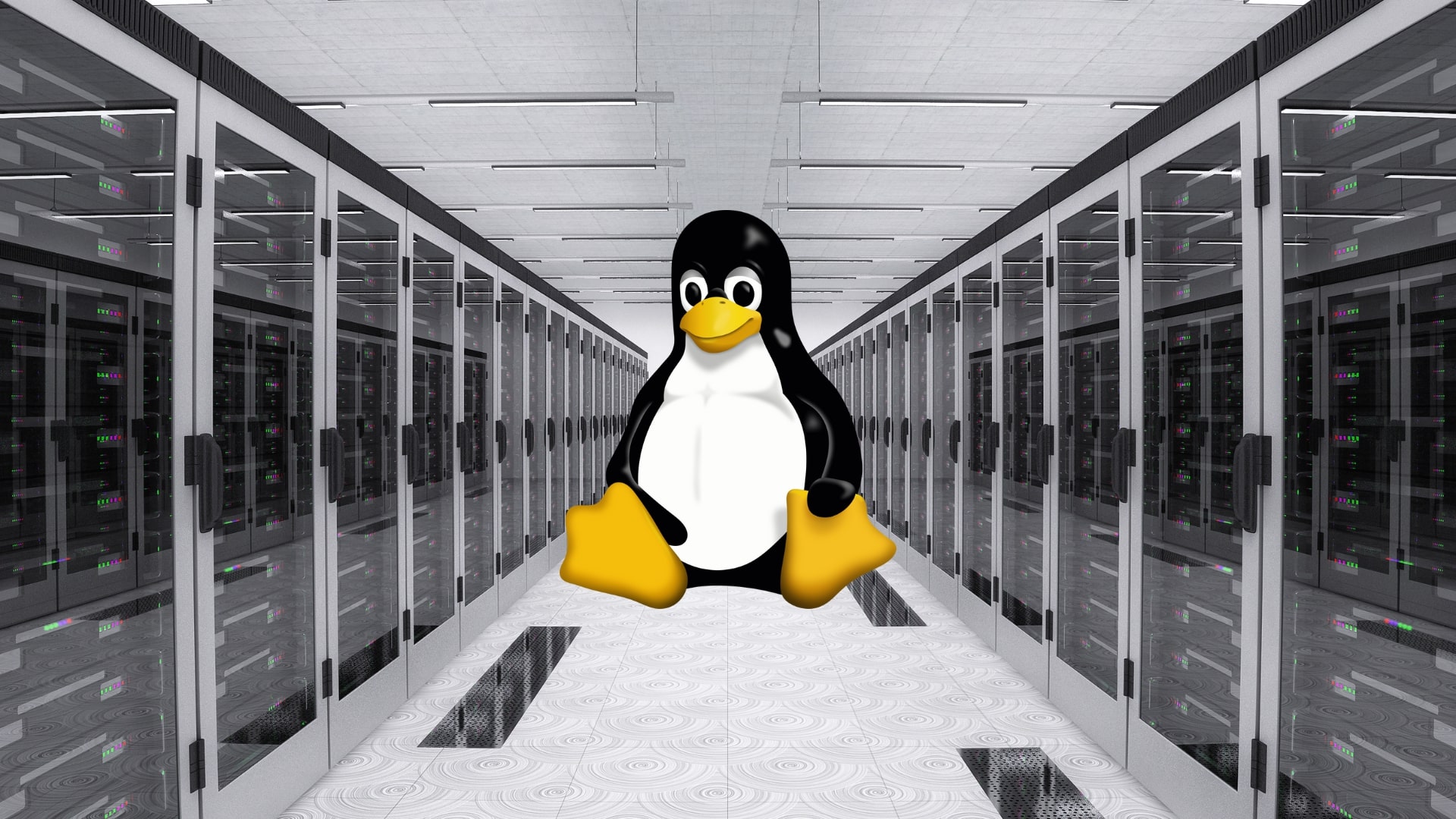Linux is an open-source operating system, and because of that, it is beloved by many server providers. For servers, Linux is considered more reliable, stable, and secure than for example, Windows.
After you choose the best Linux OS, your server will be able to perform smoother, no matter the server location specifics, like Virtual Private Server hosting Canada or any other country. The best Linux distro for your server would be the one that suits your needs best.
That’s why we’ve listed some of the best Linux server distros so that you can find yours.
What to pay attention to when choosing a Linux OS for a server?
The first thing you must consider is your needs and preferences regarding the OS for your server. Different types of distros fulfill different requirements.
The main distinction is, of course, the price, as there are free and paid OS options. Here, you should obviously make a decision based on your budget.
Aside from that, there are also general and enterprise solutions, both paid and free. Here, you should consider the size of your company and the coverage you require for proper functioning.
Other aspects can help you choose the right OS solution for your server; these include:
- Setup process. How easy the setup process is can be detrimental to your OS experience. If you run a smaller company, find yourself multitasking, or want to set up an OS yourself, you should consider an easy and beginner-friendly setup.
- OS stability. The operating system’s stability largely depends on the version of the distribution. Make sure you choose a functioning OS with a complete set of features; don’t settle for beta versions.
- Upgrades. Update options are essential to stay up-to-date with your server functionality. Here, consider how often a specific distro gets updates.
The criteria aren’t limited to the mentioned aspects, but these are the main ones for the initial decision-making stage.
Best Linux OS options for your server
Two major server OS solutions deserve your attention.
Ubuntu
Ubuntu is one of the most popular Linux distros, including for server maintenance. One of the great things about Ubuntu as a server OS is that you can integrate it with almost all possible hardware.
Ubuntu offers excellent performance for any server type or content, including databases, cloud, web farms, etc.
Since it’s open-source, Ubuntu is highly scalable as well. You can upgrade or expand your features whenever there’s a need for them.
You can also subscribe to Ubuntu Advantage. With such a subscription, you can directly resolve your problems through Ubuntu specialists. Ubuntu Advantage also provides a Landscape management package for managing virtual, physical, and cloud servers.
Some key features of the Ubuntu Server include:
- Open-source nature
- Options for customization (various desktop environments, themes, applications, etc.)
- Easy-to-use interface for server management
- High-security level (including encryption, a built-in firewall, etc.)
- Software center to install the latest versions of needed applications
- Regular updates
You can use the Ubuntu server for websites, development platforms, public and private cloud services, and databases.
We recommend the Ubuntu server for smaller companies on a budget or an Ubuntu Advantage subscription for enterprise-level support.
Red Hat Enterprise Linux (RHEL)
Red Hat Enterprise Linux (RHEL) is a reliable Fedora-based OS for servers.
RHEL is designed to enhance security and stability, offering high-end encryption protocols, user authentication, access control, and more. For that reason, the OS also provides regular updates.
One of the distinct features of RHEL is long-term support, with a typical period of 10 years for each version.
RHEL was explicitly designed for enterprises and provides related architectures and tools for managing operations on a larger scale. With this, RHEL has automation features, allowing admins to organize repetitive tasks efficiently. Analysis tools are also included in the management panel.
One of the best things about Red Hat Enterprise Linux is that you’ll get a decent server performance no matter what hardware you use.
The latest version of RHEL is Red Hat Enterprise Linux 9.2.
Some of the key features of RHEL 9.2 include:
- Support of multiple technologies (development tools, cloud computing, automation protocols, etc.)
- Hybrid cloud operations support
- Easy migration from existing to the most current OS
- Scalability options
- Regular tool updates
- Long-term support
RHEL would be most suitable for enterprise-level companies.
RHEL is free to download. However, you should purchase a subscription plan for all benefits to be unleashed. The price for a subscription starts at $349 and goes up with the number of features you order.
There are many free derivatives of RHEL, such as a popular CentOS compatible with RHEL.
Other Linux OS options for servers
While the mentioned operating systems are popular and widely used, there are other Linux OS options we recommend you look into:
- CentOS and Oracle Linux
- SUSE Linux Enterprise Server
- Debian


